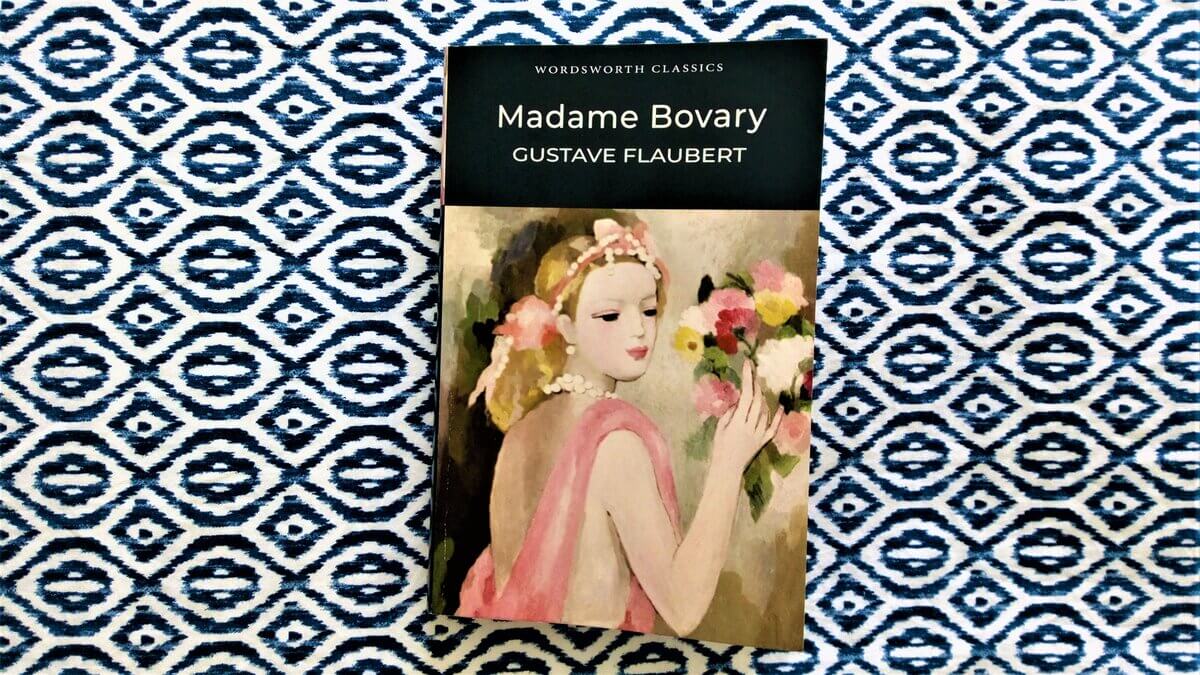The narrative of Madame Bovary (1856) moves quickly. Unfortunately, for Emma, her life in rural France doesn’t move quickly enough.
Emma is often described by literary critics as an enigmatic heroine. She is routinely shown-up as a self-pitying character who only has herself to blame for her eventual ruination and downfall.
However, my reading of her character was somewhat different – at least in the first half of the novel.
In the beginning, Emma is married off to a widowed doctor, Charles Bovary. She quickly becomes bored and disillusioned with both her marriage and the quiet monotony of provincial life.
Emma is a woman who pines for youthful excitement. She dreams of other places: the dazzling scenes of Paris or the sublime landscapes of the Swiss Alps. Flaubert perfectly gets under the skin of depression and the frustration of feeling trapped in a life you don’t want to live.
She wants to be stimulated, but above all, she wants to be free.
In the 19th century, women had very little control over their lives. Men could venture off to other cities, or even around the world, at will. Women had to rely on men to make considerable change happen in their lives.
In the book, marriage is depicted by society as a sanctuary that leads women away from depression or a bad life. For Emma, the opposite is true and she struggles to communicate this in a society that is set in its traditional ways and mindset.
If the characters had more awareness of female depression and melancholia, things might have turned out differently for Gustave Flaubert’s famous heroine.
Despite being a doctor, Emma’s husband is clueless as to the cause of her depression. The men that do understand prey on her vulnerable state and tempt her into adultery.
That being said, I agree that Emma could have done more to help herself.
By the second half of the novel, Emma became increasingly selfish and self-destructive. She was a neglectful wife and mother. She indulged in not one, but two, affairs. She felt entitled to live beyond her means, and to lie to cover up her wrongdoings.
She shrugged off her assigned roles and responsibilities with reckless abandon.
This spiral into a life of immorality, and its dire consequences, ultimately turned the novel into a moral lesson. Emma gleaned no happiness or long-lasting satisfaction from her many vices. They made her life worse.
Madame Bovary is by no means a happy story, however, I was fascinated by the sudden shift in perspective. In the beginning, I was on the heroine’s side. By the bitter end, I didn’t like her at all.
The edition pictured above was published by Wordsworth Classics.
